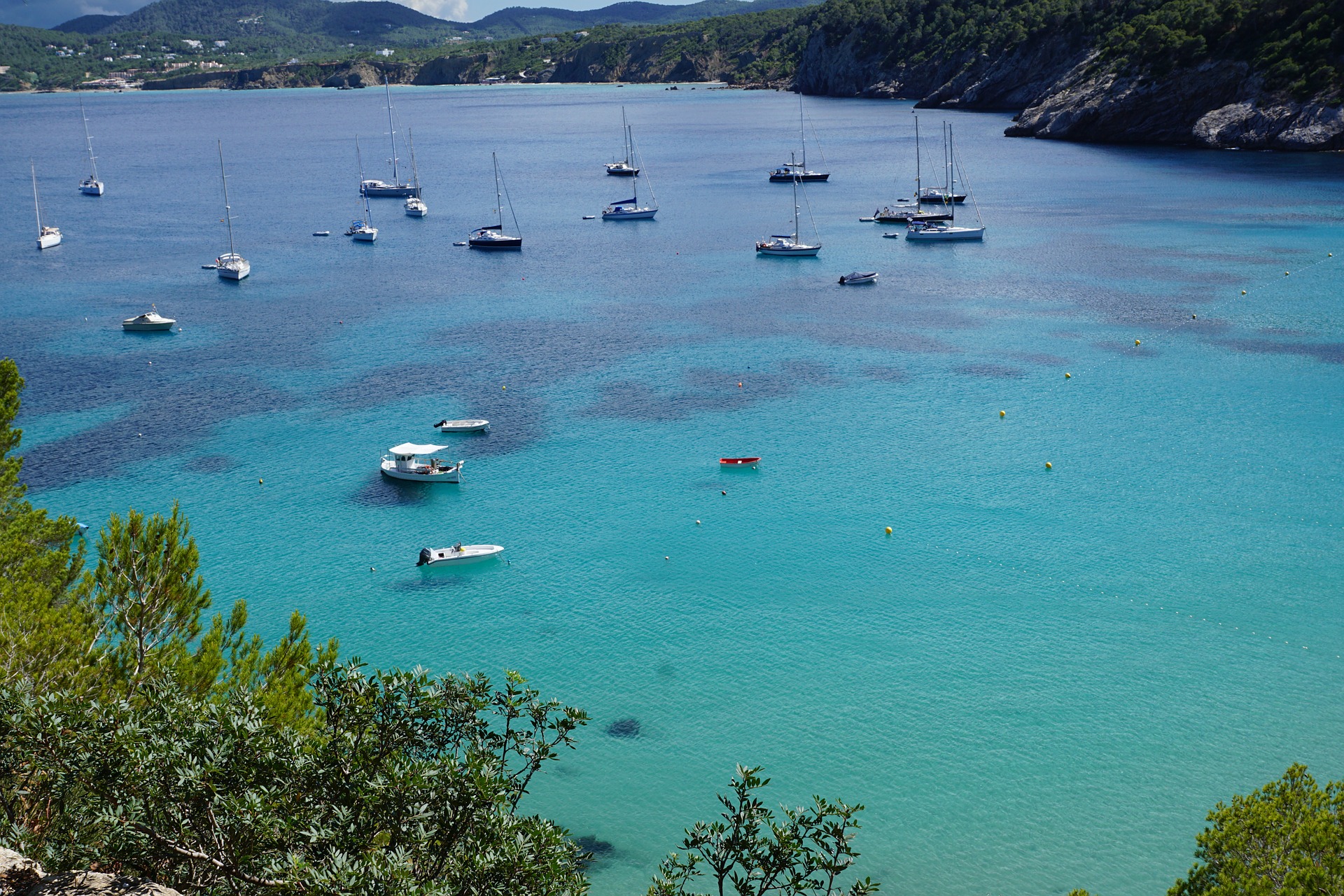
Baleares
Inheritance tax Baleares
Baleares has its own inheritance tax regulations as a result of the Spanish State ceding the tax revenue of inheritance and gift tax to Comunidades Autónomas, along with some regulatory autonomy to adapt tax to the particular circumstances of the respective Comunidad Autónoma.
This means that most Comunidades Autónomas have ruled new (and huge) benefits compared to those established by the Spanish State.
While the tax scheme and regime is the same in all parts of Spain, the Comunidades Autónomas took advantage of the given power to fix higher thresholds, or different rates or direct reductions on the amount to be paid (and sometimes all of these) to benefit close relatives of the deceased or disabled people. There are also benefits that help promote local business, farming, etc. as well as in the acquisition of the Comunidad Autónomas’ cultural assets.
However, the Comunidades Autónomas change their regulations quite frequently so it is necessary to check the regulation in force at the time the tax is due (the day of death).
Baleares has used this power in slightly increasing thresholds for spouses and relatives in the straight line, vastly increasing thresholds for disabled beneficiaries and, more importantly, establishing a different tax rate for spouses and relatives in the straight line (taxed at 1% up to 700.000€ at the time of publication and a mere 20% for the excess over 3.000.000€, with some intermediate rates in the scale).
As from 18 July 2023, there is a deduction of 100% for ascendants, descendants and spouses, on the final amount to be paid. For the following blood relatives – siblings, uncles, aunts, nephews and nieces, a deduction of 50% is applicable, provided that they do not coincide with descendants or adoptees of the deceased, or coincide with descendants or adoptees of the deceased who are disinherited. For the same relatives by marriage, a deduction of 25% is applicable.
In all cases if immovable assets i.e. property is acquired, the value must be stated in the public deed, which must not exceed the real value.
These deductions do not exempt the taxpayer from the obligation to present a tax declaration.
- The question now is who can take advantage of these benefits:
- If the deceased was a resident in Spain, the inheritance tax law of Baleares is applicable if the deceased lived there for most of the five years immediately prior to death.
If the deceased had lived longer in another Comunidad Autónoma than that in which they had their last residence, within this last five year period, that Comunidad Autónoma’s rule will be applied.If the deceased was a resident in Spain, but for less than five years at the time of death, no Comunidades Autonomas Law will be applicable, BUT Spanish State Law will be applied. - If the deceased was a non-resident in Spain, BUT the beneficiary is, the tax payer can choose to apply the rule of the Comunidad Autónoma where the most valuable assets are located and, if there are no assets in Spain, the Law of the Comunidad Autónoma where they live.
- In cases where both the beneficiary and the deceased were non-residents, the tax payer can choose the law of the Comunidad Autónoma where the most valuable assets are located.These options for non-residents, are the result of a long process that has evolved in Spanish Law since the European Court of Justice resolution of September 2014.
Any Questions?
successions@inheritancespain.com
Contact us for specific personal advice for your individual case



